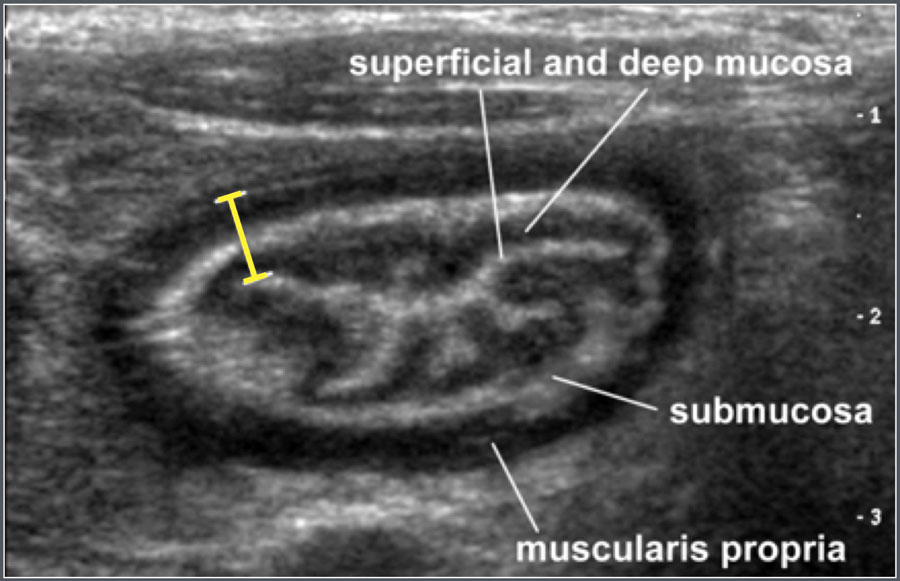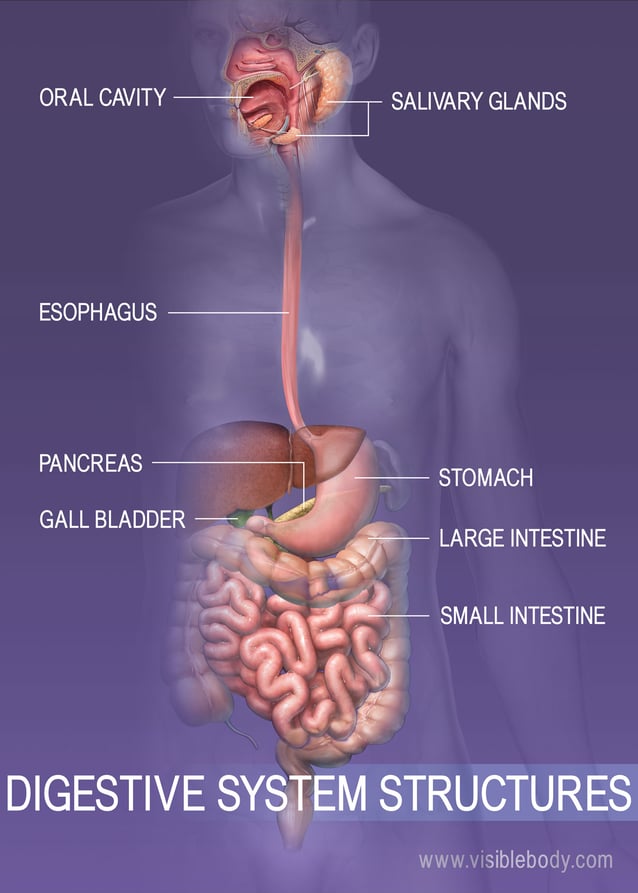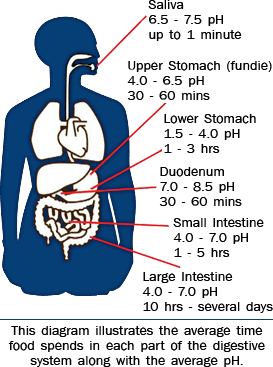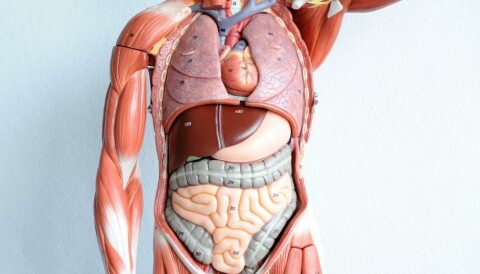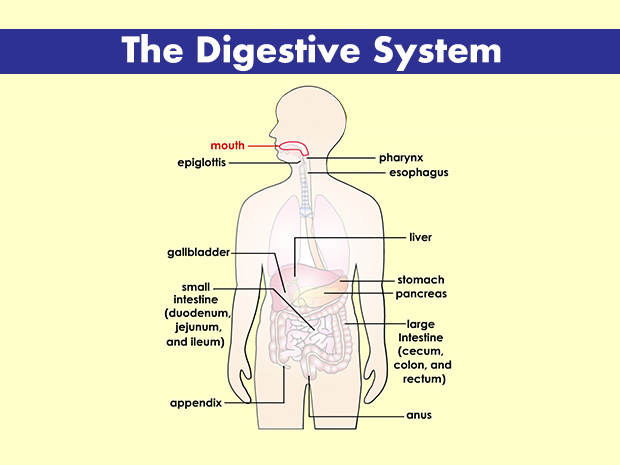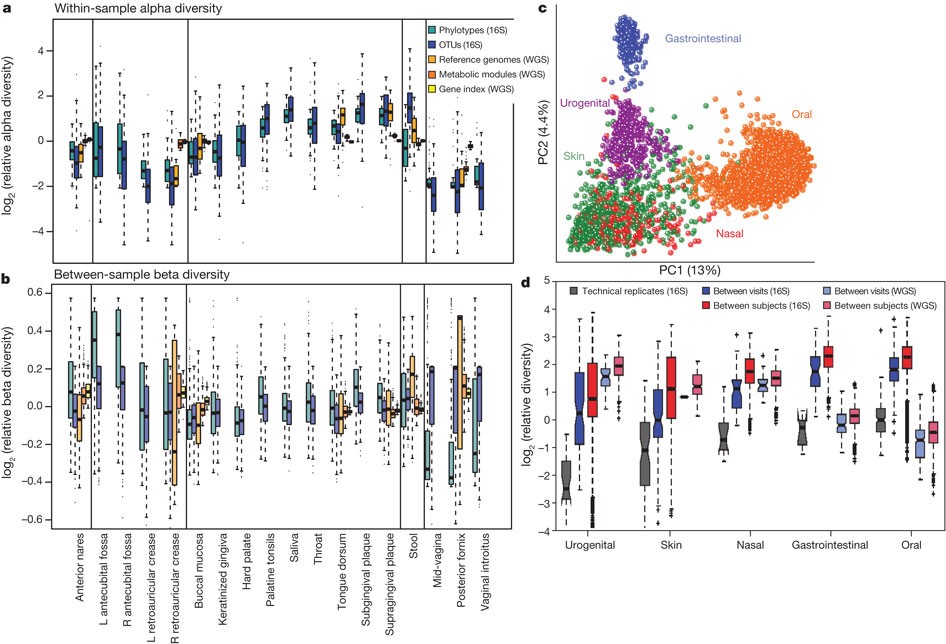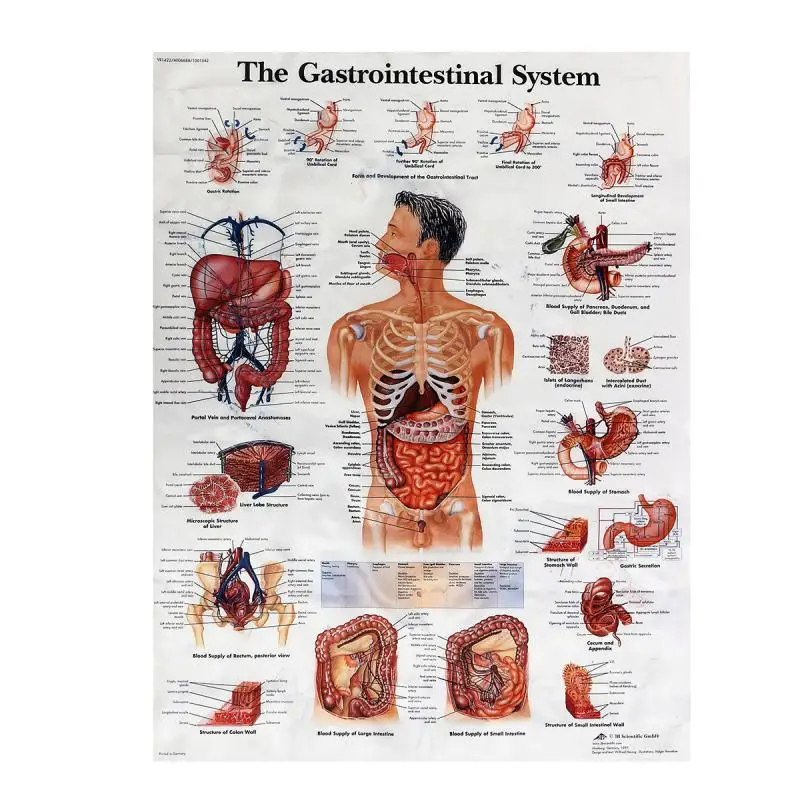The rest of the colon is. There are three major divisions.

Gastrointestinal Tract 4 Anatomy And Role Of The Jejunum And
Measurement of intestine in human body. The large intestine is about 5 feet 15 meters long. The large intestine is about 5 6 feet long. Its main function is to absorb the products of digestion including carbohydrates proteins lipids and vitamins into the bloodstream. The ileum last part of the small intestine connects to the cecum first part of the colon in the lower right abdomen. The large intestine starts in the right iliac region of the pelvis just at or below the right waist where it is joined to the bottom end of the small intestine. There are around 700 named muscles in the human body and hundreds of other unarmed muscles which weigh between 30 40 kg 66 88 pounds.
It has three parts. If you stretched out your large intestine it would be about as long as the width of a queen size bed. Its mucosal area in an adult human is about 30 m 2. Therefore the average length of the human intestine is equal to the length of the small intestine added to the length of the large intestine. It begins at the lower right hand side of the body and ends on the lower left hand side. The small intestine small bowel is about 20 feet long and about an inch in diameter.
The appendix is attached to its inferior surface of the cecum. The colon is the longest portion of. It is about 49 feet 15 m long which is about one fifth of the whole length of the intestinal canal. It is about 15 metre in length. The colon is also called the large intestine. The large intestine is wider and shorter than small intestine.
Its function is to absorb water and some salts from the undigested food material. As a result the average length of the human intestine can be anywhere from 6 to 85 meters in length depending on size and age of the person it occupies. The small intestine begins at the duodenum and is a tubular structure usually between 6 and 7 m long. Human organ average weight in kg average weight in lbs location properties and fun facts functions and tasks. Anne marie thomasino 2001. Overall in humans the large intestine is about 15 metres 5 ft long which is about one fifth of the whole length of the gastrointestinal tract.
Its job is to absorb most of the. The large intestine forms an upside down u over the coiled small intestine. The remaining waste passes into the rectum and remains there as semi solid faeces. The cecum the colon and the rectum. The intestines include the small intestine large intestine and rectum.

